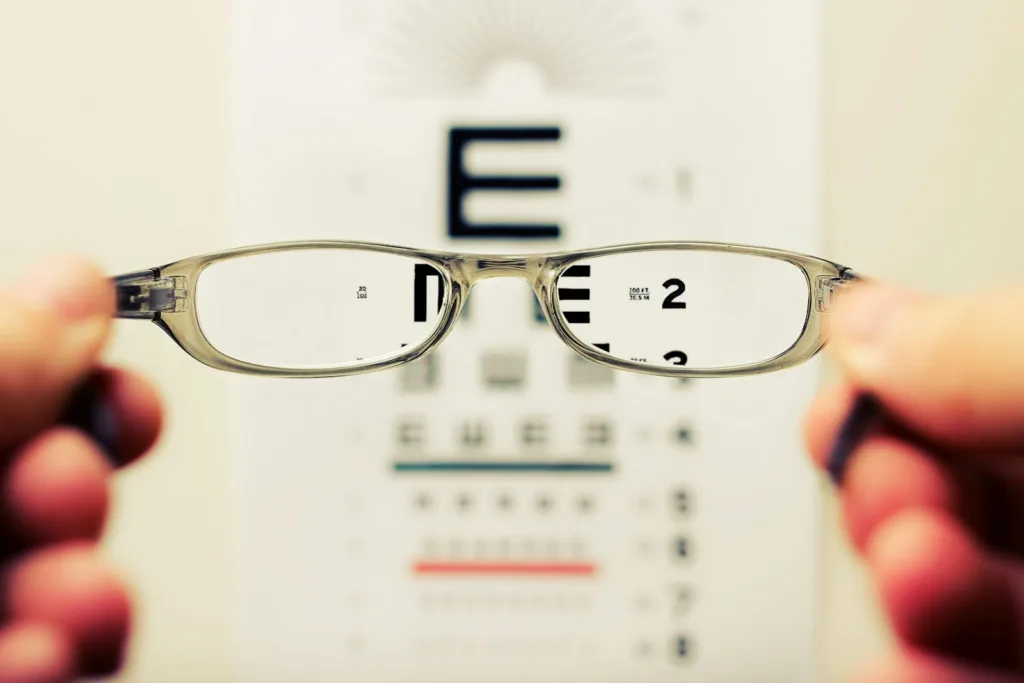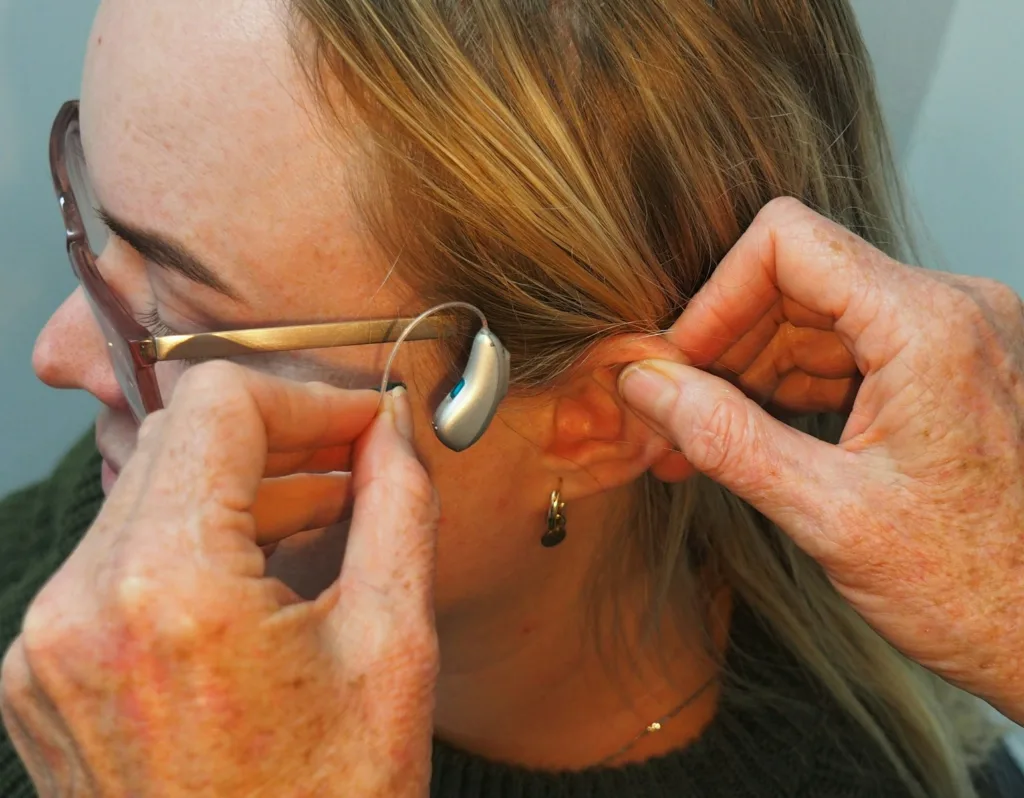Sense
Death, like childbirth, is a process. When a body approaches death, it experiences a number of events and transformations. The last thing your body does for you is die. Your body will shut down in a fairly exact order if you experience an “expected natural death,” which is when you reach old age and pass away as nature intended, even if everyone’s timeline is unique and death won’t greet everyone in the same way.
Table of Contents
Sense do you lose first?
Thirst and hunger

First, most dying people have less hunger and thirst, according to Stanford University palliative-care specialist James Hallenbeck. This is due to the fact that a dying body does not need the same vitamins, minerals, and food that a healthy body requires. It also does not require food or liquids because it is already shutting down. Additionally, the digestion process will be more difficult for the digestive system to handle meals and liquids.
Speech
Talking will become sluggish and conversational when the body’s processes start to malfunction or cease completely. Withdrawing from conversation is frequently a symptom of letting go, and as they spend more time sleeping or unconscious, they may eventually lose the ability to talk at all. Speaking may also become difficult as the dying person’s breathing becomes erratic, shifting from deep to shallow and quick to slow.
Vision

When a person’s vision starts to deteriorate, their ability to see may be limited to what is in close proximity. Vision is the next sense to disappear. Because of a loss in muscular tone, those around them may also note that they frequently close their eyes or open them just partially. When it comes to their experiences, people who are dying frequently struggle to keep track of what is happening and occasionally have hallucinations. They might see deceased people’s bodies or pets, for instance. Additionally, until patients enter a permanent state of unconsciousness, their vision may become blurry. Visually, the eyes could appear glassy,
Touch

The individual is now in the last phases, putting them at danger of passing away sooner than before. It’s likely that they will still be able to sense the touches and voices of loved ones during the brief moments before passing away when they’re fading in and out of consciousness.
However, touch is the second to last sense to vanish when a more comatose state sets in, thus these final conversations with loved ones will only be felt by them. The good news is that the person won’t be able to feel discomfort going forward. But since their end-of-life care would involve medication to make their passing as comfortable as possible, it is unlikely that they would have been in any kind of distress in the first place.
Hearing

Most patients go into an unresponsive period in the final hours before they are expected to die; During this time, they are no longer able to respond to or experience their external environment. The brain is currently processing sensory data in a different way than it has in the past.
However, it has now been established that hearing is the last sense to disappear, and for some people, it lasts until their very last moments of life, owing to a ground-breaking study that was published in Scientific Reports in June 2020. The electrical Activity in the brains of hospice patients was examined by neuroscientists at the University of British Columbia using EEG indices after the patients had become unconscious and subsequently unresponsive.
In order to compare, they also measured young, healthy individuals at the same time. They discovered that the dying brain reacted similarly to the control group of healthy individuals, proving that hearing persisted even in a critically ill unconscious state.
related :7 Daily Exercises Men Should Perform to Maintain Muscle
READ | Deathbed: A Palliative Care Nurse Reveals Her Top 5 Regrets
Your senses will shut down in a specific order when you’re about to die (msn.com)


1 thought on “When death is imminent, your 5 Sense will go out of order”